Chemistry Shorts Releases New Film on Directed Evolution Technology
The Camille and Henry Dreyfus Foundation-sponsored Chemistry ShortsTM series released its newest film, “Driving Reactions,” which explores the power of harnessing nature’s own innovations to solve problems. The film is available for immediate viewing and use in teaching free of charge on the Chemistry Shorts YouTube channel. A full lesson plan with an experiment to accompany the film is available on the Chemistry Shorts website.
Featured scientists Professor Hal Alper of the University of Texas at Austin and Nobel Laureate Professor Frances Arnold of the California Institute of Technology use directed evolution to design enzymes that work as molecular machines to solve problems in our everyday lives, helping create a more sustainable world through the power of chemistry. These new enzymes open the door of scientific progress, creating solutions for recycling waste, creating sustainable fuels, and more efficiently producing materials we use in our everyday lives. “Driving Reactions” focuses on Dr. Alper’s innovative work to design an enzyme that can degrade PET, or polyethylene terephthalate, one of the most common plastics found in water bottles and other common objects, into infinitely recyclable and reusable products.
“We have the ability to use the power of chemistry to find sustainable solutions for the future.” – Hal Alper, “Driving Reactions”
“Driving Reactions” is aimed at high school and college students and can be used as a starting point for discussions around polymer chemistry, enzyme reactions, directed evolution, DNA, and plastic recycling.
The Chemistry Shorts series spotlights the positive impact of chemistry on modern life as scientists work to solve important problems and create new opportunities that benefit humanity. See all of the films and lesson plans in this series at chemistryshorts.org and keep updated on new films and resources by following Chemistry Shorts on Twitter, Facebook, and LinkedIn.
The Chemistry Shorts series is funded in part by the Gordon and Betty Moore Foundation.
Dreyfus Foundation Machine Learning Program to Sunset

Given the tremendous growth in machine learning research and funding opportunities, The Camille and Henry Dreyfus Foundation has decided to discontinue its award program for Machine Learning in the Chemical Sciences and Engineering.
Since the program was first announced in 2019, the Foundation has awarded over 20 grants totaling $2.4M to research investigators developing new approaches for machine learning in the chemical sciences.
“Originally conceived as a limited duration seeding program, the explosive growth of interest and work relating to machine learning has driven our decision to sunset the program at this time. We are pleased that machine learning has taken hold so strongly within the chemical sciences community,” said Dr. Matthew Tirrell, Chair of the Foundation’s Scientific Affairs Committee.
To-date, research funded by this work has resulted in three dozen publications and supported the training of more than 20 students and postdocs. Importantly, more than a dozen investigators have applied for follow-on funding from other sources, and several have already received such funding. In many cases, this program also facilitated cross-functional and cross-departmental collaborations that might not otherwise have occurred.
Scott Walter, President of the Foundation commented: “The Board of Directors is grateful to all who have contributed to this program’s tremendous success. The Foundation maintains a strong interest in machine learning, and we will be looking at other ways to provide support. Importantly, we remain in close contact with the chemical sciences community so that the Foundation can identify other new and innovative areas of research where future seeding programs could also be of benefit.”
If you have any questions, please reach out to [email protected].
2022 Jean Dreyfus Lectureship for Undergraduate Institutions Recipients
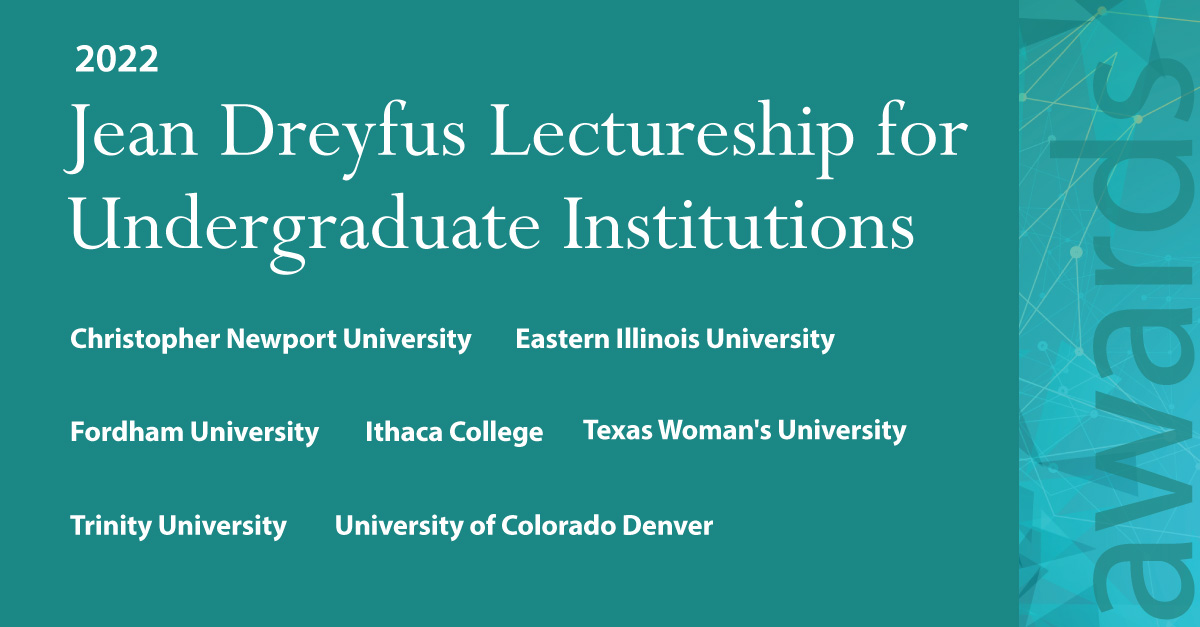
The Camille and Henry Dreyfus Foundation is pleased to announce 7 new grants in the Jean Dreyfus Lectureship for Undergraduate Institutions program.
The Jean Dreyfus Lectureship awards provide an $18,500 grant to bring a leading researcher to a primarily undergraduate institution to give at least two lectures in the chemical sciences. One of the lectures should be accessible and promoted to a wide audience that includes the general public. The remaining lecture(s) may be more technical. The lecturer is expected to spend more than one day at the institution to substantively interact with undergraduate students and a broad range of faculty over the period of the visit.
A portion of the award is to support two undergraduates in summer research. The undergraduates engaged in summer research are expected to work with mentors in contemporary chemistry.
2022 Jean Dreyfus Lectureship for Undergraduate Institution Recipients
Christopher Newport University
Newport News, VA
Eastern Illinois University
Charleston, IL
Fordham University
Bronx, NY
Ithaca College
Ithaca, NY
Texas Woman’s University
Denton, TX
Trinity University
San Antonio, TX
University of Colorado Denver
Denver, CO
2022 Henry Dreyfus Teacher-Scholar Awards
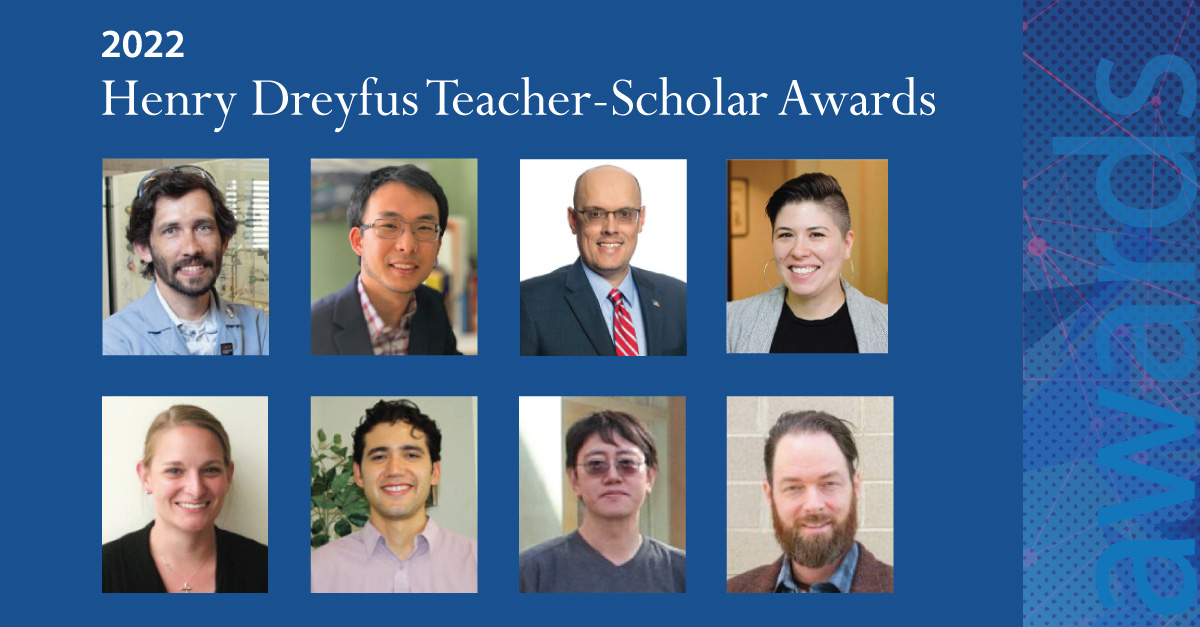
The Camille and Henry Dreyfus Foundation is pleased to announce the selection of eight new Henry Dreyfus Teacher-Scholars for 2022. The award honors young faculty in the chemical sciences who have created an outstanding independent body of scholarship and are deeply committed to education with undergraduates. Each Henry Dreyfus Teacher-Scholar receives an unrestricted research grant of $75,000.
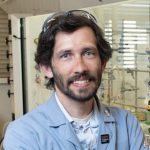
Jeffrey Cannon, Occidental College
New Umpolung Carbon-Carbon Bond-Forming Reactions

Dennis Cao, Macalester College
Sulfur-enhanced Mellophanic Diimide Acenes and Ions

Jesse Carrick, Tennessee Technological University
Synthetic Approaches to Minor Actinide Separations from Lanthanides Contained within Spent Nuclear Fuel
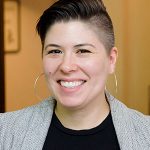
Kelly Chacón, Reed College
Spectroscopic Studies of Chalcogen-Detoxifying Proteins in Bacteria

Misty Kuhn, San Francisco State University
Exploring Structure/Function Relationships of Diverse Gcn5-Related N-Acetyltransferases

Andres Martinez, California Polytechnic State University, San Luis Obispo
Applying Fundamental Analytical Chemistry to the Development of Point-of-Care Diagnostics
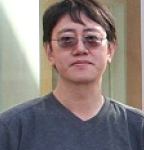
Maosheng Miao, California State University, Northridge
Improving Design of Materials by Exploring and Utilizing Novel Chemistry

Paul Raston, James Madison University
Characterization of Fundamental Prebiotic Molecules of Astrochemical Significance
The Dreyfus Foundation and American Chemical Society Announce Two New Awardees
The American Chemical Society (ACS) recently announced the winners of two Dreyfus Foundation-supported awards aimed at diversity in the chemical sciences as part of their 2023 National Award Winners.
 The 2023 ACS-Dreyfus Award for Encouraging Disadvantaged Students into Careers in the Chemical Sciences went to Dr. Ann C. Kimble-Hill, Assistant Research Professor of Biochemistry & Molecular Biology at Indiana University for her dedication to fostering an inclusive environment for student success through mentored research, and enhancing an institutional culture promoting Diversity, Equity, Inclusion, and Justice.
The 2023 ACS-Dreyfus Award for Encouraging Disadvantaged Students into Careers in the Chemical Sciences went to Dr. Ann C. Kimble-Hill, Assistant Research Professor of Biochemistry & Molecular Biology at Indiana University for her dedication to fostering an inclusive environment for student success through mentored research, and enhancing an institutional culture promoting Diversity, Equity, Inclusion, and Justice.
The award – established in 1993 to recognize significant accomplishments by individuals in stimulating students, underrepresented in the profession, to elect careers in the chemical sciences and engineering – consists of $5,000 and a certificate. A grant of $10,000 is also made to an eligible non-profit institution, designated by the recipient, to strengthen its activities in meeting the objectives of the award.
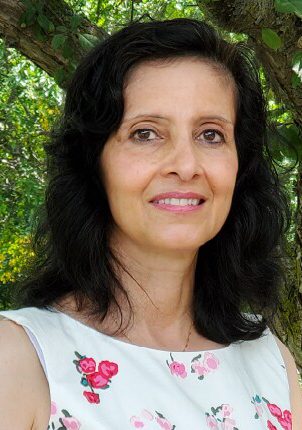 The 2023 ACS-Dreyfus Award for Encouraging Women into Careers in the Chemical Sciences went to Dr. Caroline Ylitalo, Division Scientist at 3M for her tireless volunteering and mentoring of young women and serving as a role model to pre-college girls, encouraging them to pursue careers in STEM.
The 2023 ACS-Dreyfus Award for Encouraging Women into Careers in the Chemical Sciences went to Dr. Caroline Ylitalo, Division Scientist at 3M for her tireless volunteering and mentoring of young women and serving as a role model to pre-college girls, encouraging them to pursue careers in STEM.
The award – established in 1993 to recognize significant accomplishments by individuals who have stimulated or fostered the interest of women in chemistry, promoting their professional development as chemists or chemical engineers – consists of $5,000 and a certificate. A grant of $10,000 is also made to an eligible non-profit institution, designated by the recipient, to strengthen its activities in meeting the objectives of the award.
Both Dr. Kimble-Hill and Dr. Ylitalo will be honored at the ACS Spring 2023 Meeting.